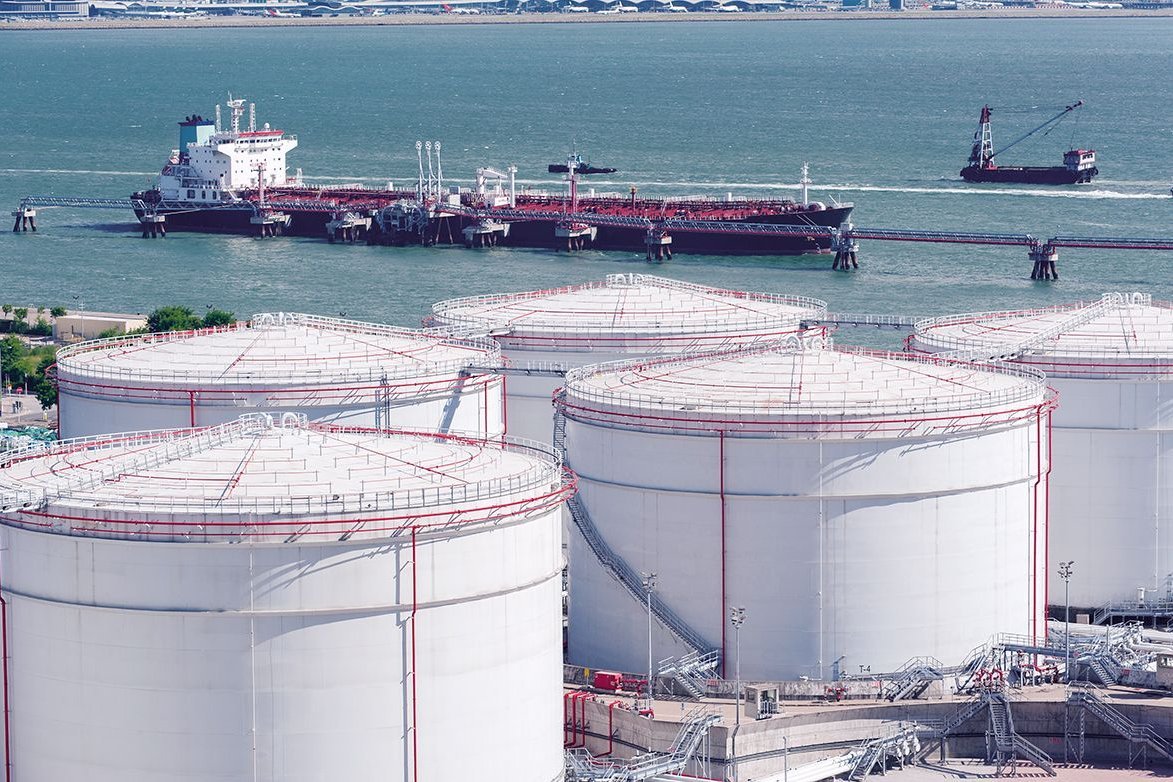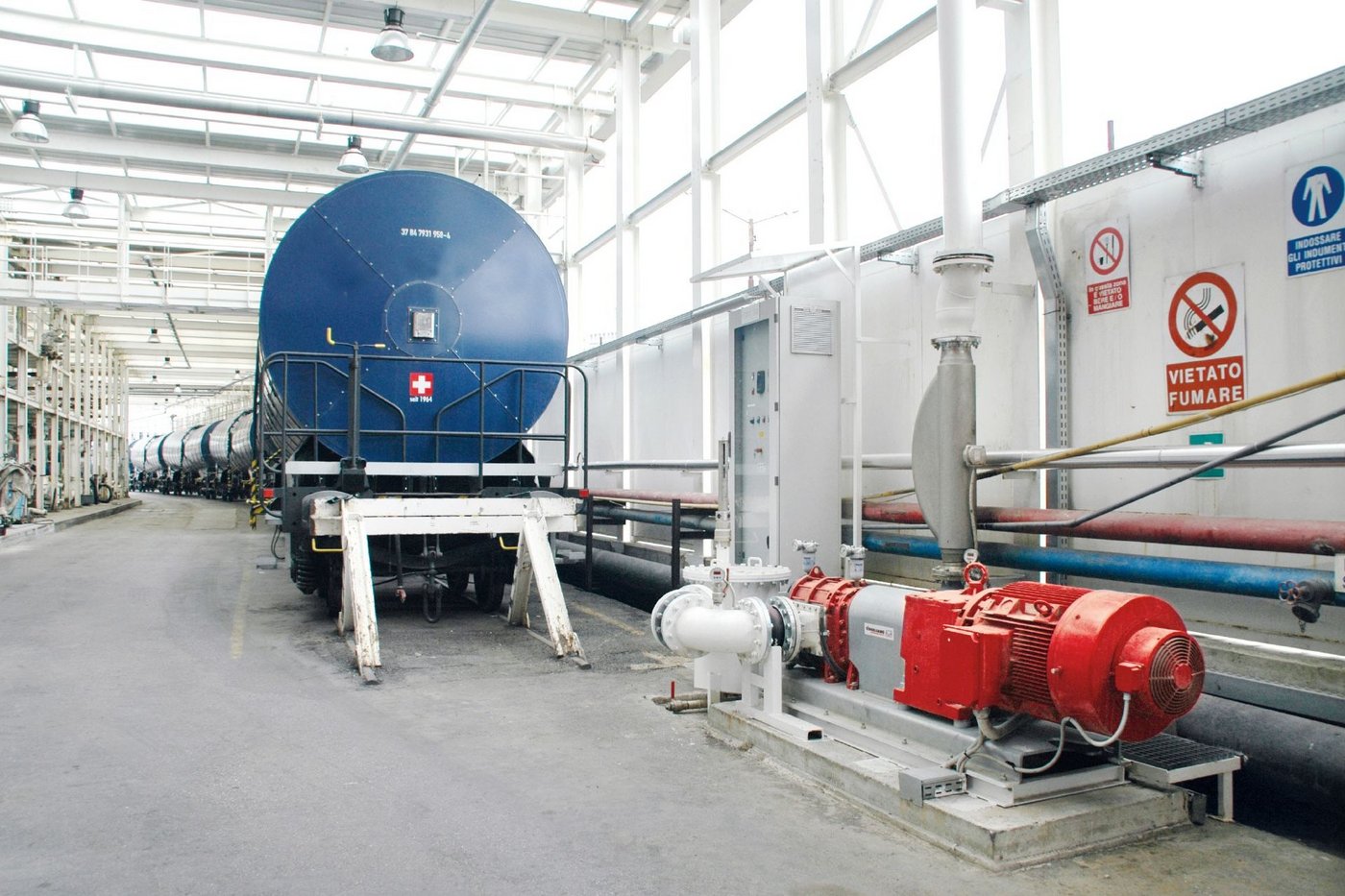Drehkolbenpumpen zur Tankbefüllung und -entleerung
Industrielle Anwendungen in der Industrie zur Tankbefüllung und -entleerung
Das Befüllen, Entleeren und Reinigen von stationären Tanks und Tankfahrzeugen erfordert nicht nur eine hohe Durchsatzleistung, sondern auch Widerstandskraft und Präzision. Dass Vogelsang Drehkolbenpumpen zudem trockenlaufunempfindlich sind, ist vor allem für das restlose Abpumpen eines Tankinhalts von Vorteil. Andernfalls würden sich Feststoffe am Tankboden sammeln und dadurch die Lagerkapazität zunehmend einschränken. Aufgrund der Anordnung und Wendelung der Kolben in Industriepumpen von Vogelsang, verläuft die Förderung der Flüssigkeit unabhängig von seiner Viskosität außerdem sehr gleichmäßig und pulsationsarm. Auch die hohe Ansaugkraft ist diesem Aufbau zu verdanken. Mithilfe des innovativen InjectionSystems werden zudem Fremdkörper, wie z. B. in Altöl, kollisionsfrei mitbefördert, ohne die Kolben zu beschädigen. Vogelsang Industriepumpen sind für die Förderung von Heizöl, Pflanzenöl, Diesel oder Biodiesel in Industriehäfen oder Öldepots ebenso geeignet, wie für Pumpprozesse in Tankwagen oder Bunkerschiffen. Die Förderrichtung der hocheffizienten Pumpen ist umkehrbar, das kompakte Design insbesondere der IQ-Serie spart Platz und ermöglicht eine schnelle, kostengünstige Wartung vor Ort. Ein Ausbau ist dabei nicht nötig. Eine große Auswahl unterschiedlicher Kolben erlaubt den Einsatz von Vogelsang Produkten auch zum Verpumpen z. B. von Schweröl, Kerosin, Petroleum oder Methanol in Raffinerien. Sogar in der Membranbioreaktortechnik zur Wiederverwendung von Prozesswasser in Raffinerien werden Drehkolbenpumpen verbaut, da die Möglichkeit die Fließrichtung umzukehren die Kontrolle über Rückfluss- und Förderprozesse erleichtert.




